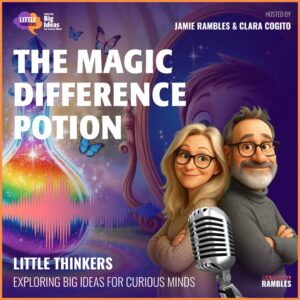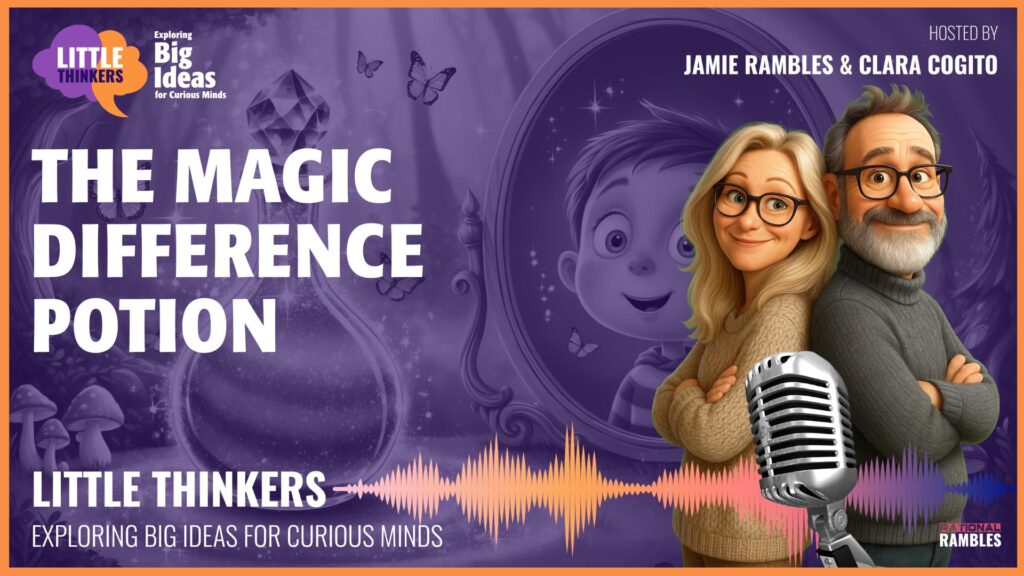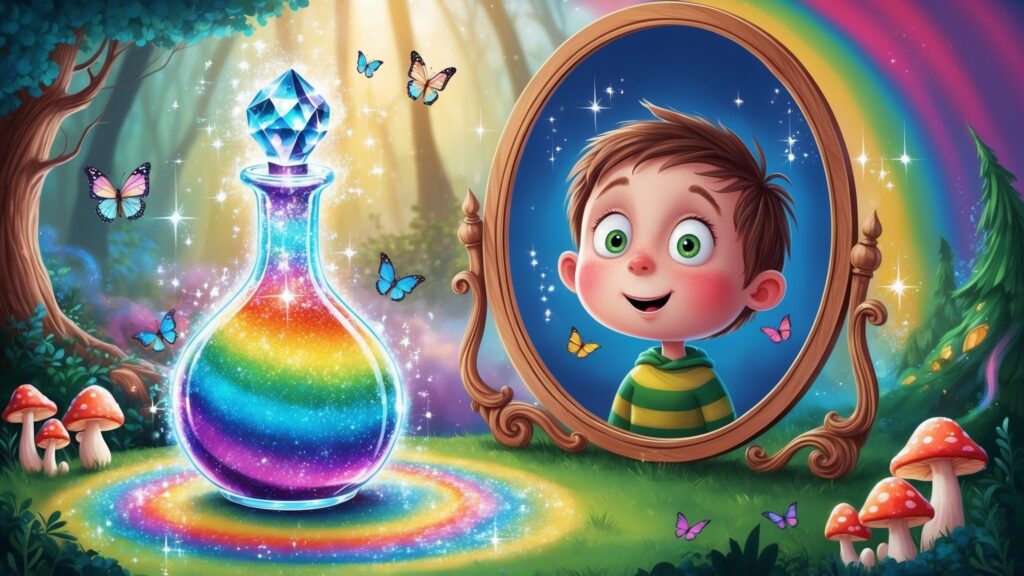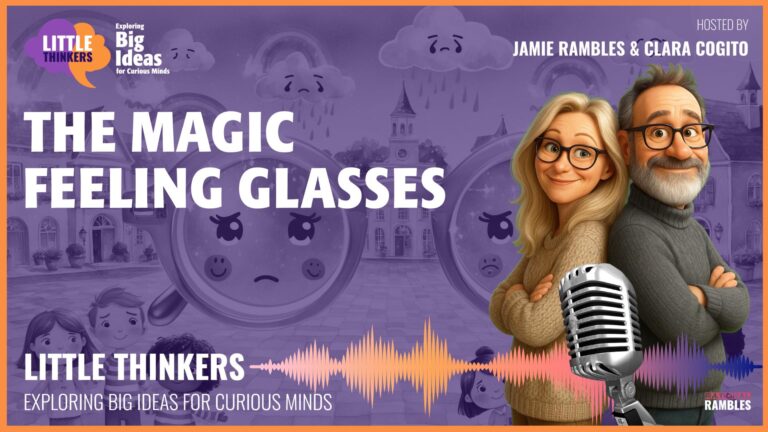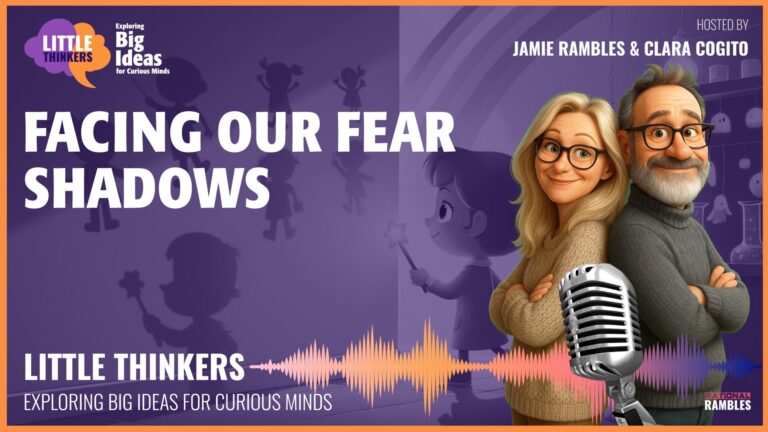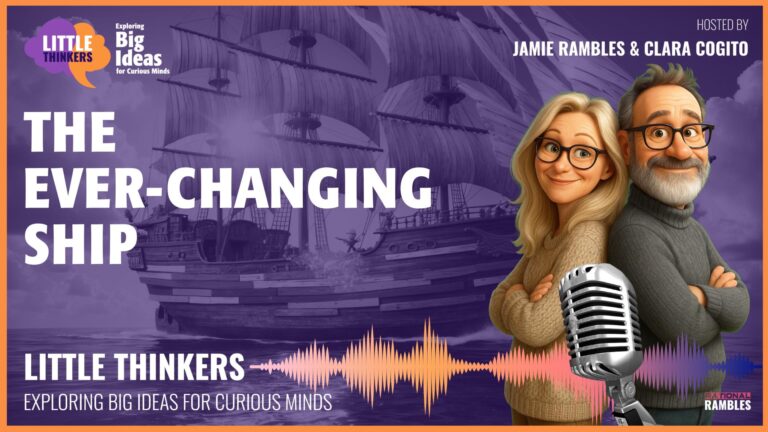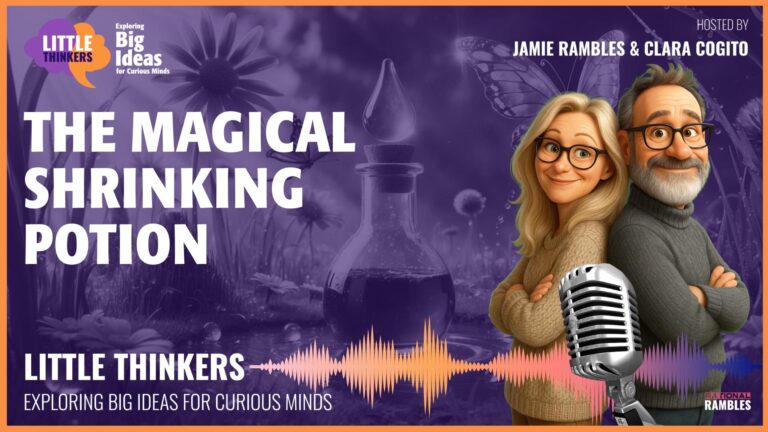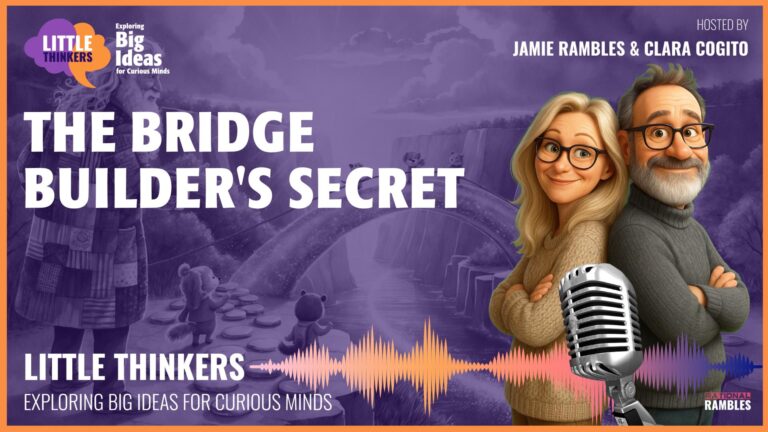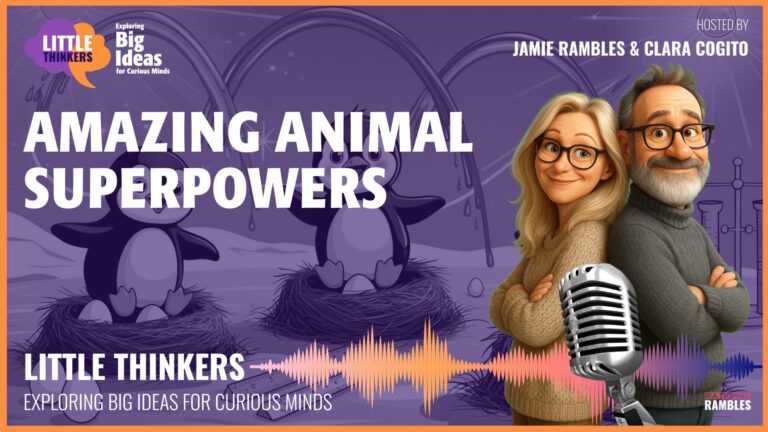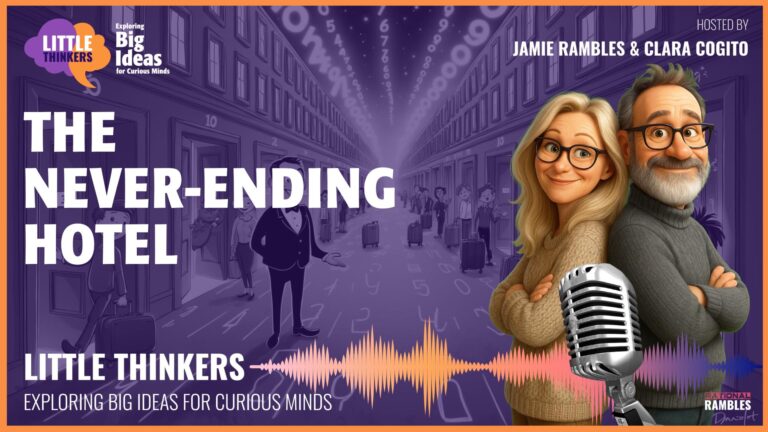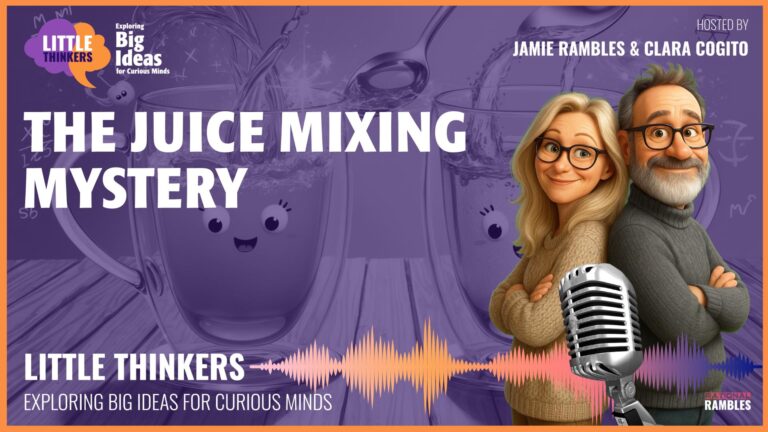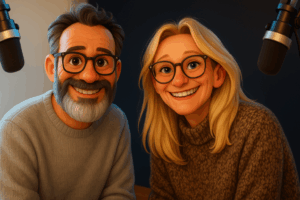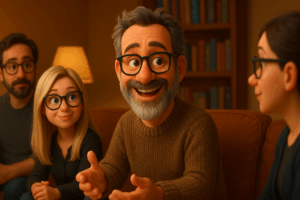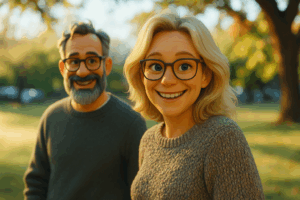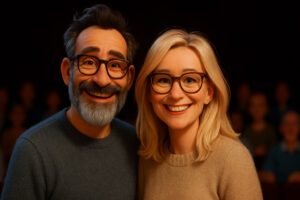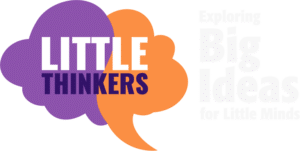A Day in Someone Else’s Shoes: The Magic of Understanding Differences
What if you woke up… different?
Imagine waking up tomorrow morning and suddenly realizing you can’t walk! Or maybe you can’t see anything around you. Or perhaps when you try to ask for breakfast, the words coming out of your mouth sound like “blippity bloop glorp” instead of “Can I have cereal, please?”
What would your day be like? How would you feel? Would things that are usually easy suddenly become really hard?
Being different isn’t always easy
All around us, there are people who experience the world differently than we do. Some people use wheelchairs to get around instead of walking. Others can’t see and use their hands and ears to understand the world. Some people speak different languages or communicate in unique ways.
When you’re different from most people around you, everyday tasks can become big challenges. Things that might be super easy for you could be really tricky for someone else.
Imagine if you couldn’t walk…
If you couldn’t use your legs for a day, how would you:
- Get your favorite cereal from the high kitchen shelf?
- Play tag with your friends at recess?
- Climb up to a treehouse?
- Get on and off the school bus?
You might need to use a wheelchair or find creative new ways to do things. Some places might suddenly seem impossible to reach!
What if you couldn’t see?
Close your eyes for a minute. Really, try it! Now imagine staying that way all day long. You’d have to:
- Find your clothes and get dressed
- Eat your lunch without seeing what’s on your plate (surprise vegetables, yuck!)
- Navigate around your classroom without bumping into desks
- Figure out who’s talking to you by just their voice
Your other senses like hearing, touch, and smell would become super important! You might count steps to know where you are or feel along walls to find your way.
The language puzzle
What if you suddenly spoke a language nobody around you understood? You’d know exactly what you wanted to say in your head, but when you opened your mouth – gibberish! Everyone would look confused when you tried to talk.
How would you:
- Tell your teacher you need to use the bathroom? (That’s an emergency!)
- Ask for help with a hard math problem?
- Tell your friend about the awesome dream you had?
- Order your favorite pizza toppings?
You might become the world champion of charades – using your hands, face, and body to act things out! You might point, draw pictures, or make up hand signals to communicate.
How would others treat you?
One of the hardest parts about being different is how other people react to you. Sometimes people don’t know how to act around someone who’s different from them.
Some might stare or whisper. Others might avoid you because they feel awkward or don’t know what to say. Some might try to help too much, treating you like you can’t do anything for yourself.
Remember how your tummy felt all twisty and weird when you were the new kid at school? Imagine feeling like the new kid every single day. That’s how some people feel when they’re different from others around them.
The helping puzzle
If you were different for a day, would you want people to help you? That’s a tricky question!
Most people who are different don’t want others to:
- Do everything for them
- Treat them like babies
- Feel sorry for them
- Talk about them like they’re not there
What they usually want is:
- To be included in games and activities
- To have a chance to do things their own way
- To be treated with respect
- To have help when they ask for it
Think about your friend who might have trouble sitting still in class. They don’t need someone to do their work for them – they just need a chance to learn in a way that works for them, like standing up while they work!
Different can mean super-powered!
Here’s something amazing to think about: people who are different often develop incredible strengths and abilities that others don’t have!
It’s like they get special superpowers because their brains and bodies learn to work in unique ways:
Superpower examples:
- People who can’t hear might become expert at reading facial expressions and body language – they can tell how you’re feeling before you say a word!
- Those who use wheelchairs often develop super-strong arms and amazing problem-solving skills.
- People who are blind might develop incredible memory skills and hearing so sensitive they can tell who’s walking down the hall just by their footsteps!
- Someone who speaks a different language may become amazing at understanding new cultures and finding creative ways to communicate.
Learning to see with your heart
The biggest lesson we can learn about differences isn’t about the challenges at all – it’s about something called empathy. Empathy is like a special superpower that helps you understand how someone else feels.
When you have empathy, you’re “seeing with your heart instead of just your eyes.” You’re trying to imagine what life is like for another person.
Empathy helps you:
- Be a better friend
- Understand why some people need different things
- Find ways to include everyone
- Stand up for others when they’re treated unfairly
The wonderful thing is that EVERYONE can develop empathy – all it takes is practice!
Walking in someone else’s shoes (or rolling in their wheels!)
You don’t need a real magic potion to understand what it’s like to be different. You can try these activities (with a grown-up’s help and permission):
- Spend part of a day without talking – communicate only with writing or gestures
- Try eating lunch with a blindfold on
- Get around using only a rolling office chair for an hour
- Have a friend give you instructions in a made-up language
Remember: This isn’t about playing around or pretending. It’s about learning and understanding in a respectful way. Being different isn’t a game for people who live it every day.
The real magic potion
The most powerful magic in the world isn’t in any bottle or potion. It’s in how we treat each other! We could call it the “Friendship Potion,” and here’s the recipe:
- 1 cup of kindness
- 2 tablespoons of understanding
- A giant sprinkle of acceptance
- A dash of patience
- And the secret ingredient: seeing with your heart!
When you mix these all together, you create something wonderful – a world where everyone belongs, no matter how different they might be.
Your turn to think…
Next time you see someone who’s different from you, remember:
- They’re a person with feelings, dreams, and ideas, just like you
- They have unique strengths and abilities you might not know about
- They want friends and fun, just like everyone else
- Being different doesn’t mean being less – it just means being you in your own unique way!
What’s one way you could make someone who feels different feel welcome and included? Maybe that’s the most magical power of all!
